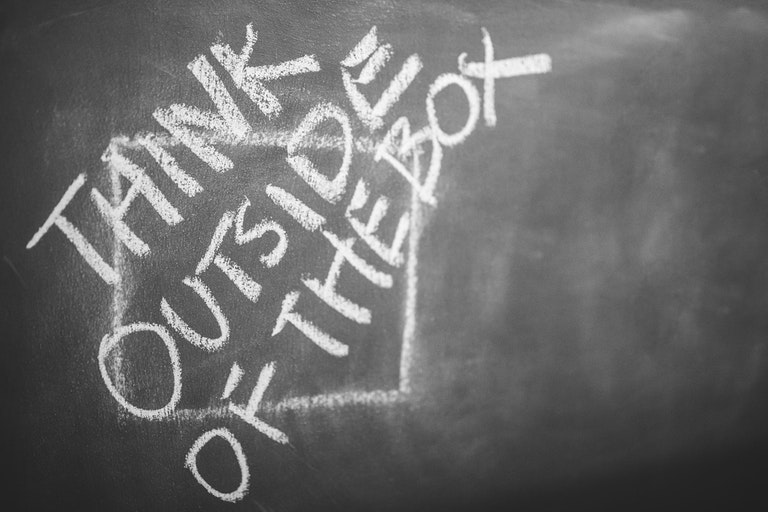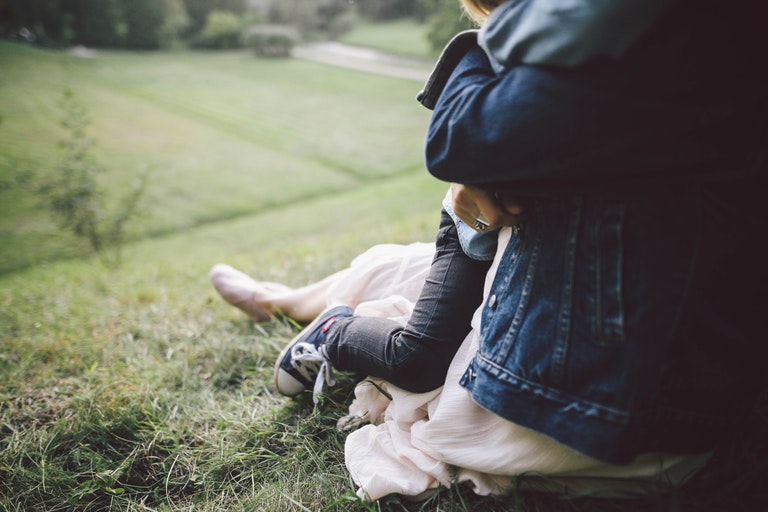What’s sin? Have you, like so many others, ever stumbled over your words trying to answer questions like these from your kids? You’re definitely not alone. Talking to kids about sin can feel like a daunting task.

Maybe you were taught something about sin as a kid that was hurtful or traumatic. And, you don’t want to duplicate that for your kids. Or maybe you’ve moved out of your church background. And now that your ideas have shifted, you’re not sure how to communicate them.
We hope to offer you a few tools for going about talking to your kids about sin in a restorative way. How do you engage this topic with your kids? Share with us in the comments below!
Talking about Sin and Power with Kids
Before beginning any conversation with children and youth about sin, be sure you highlight God’s endless and boundless love. There is more than enough forgiveness for any of our personal or communal screw-ups. Jesus’ grace for even those who betrayed and murdered him is evidence enough for this truth.
Explain that sin has a whole lot to do with power. When there is an imbalance of power, we know that somehow somewhere a person or group is missing the mark. This is what we call sin. Tell your kids that we all miss the mark sometimes and hurt others and/or ourselves.

Give them some examples that will make sense to them. When one group of people has more power to access food, housing, parks, money, education, healthcare, safety, etc. than another, somehow, somewhere, a person or group is missing the mark.
Perhaps, if they are old enough, invite them to give some of their own examples where there are those with more power to access certain things than others. Wonder with them about why that might be.
Explain to your kids that God intends and longs for us all to live an abundant life. A life filled with possibility, hope, and joy. A life that is thriving, because it doesn’t need to be primarily concerned with survival. Then, we begin to share in abundant living together.

Looking at Sin Individually and Systemically
Awareness and responsibility are the two most important skills we can teach our children when it comes to creating systems that allow equal access for all. So, help your children look for ways they can be balancers of power.
Individually, when trying to stay more powerful than others we become overly concerned with the maintenance of our reputation, stuff, appearance, and status. We start thinking mine and me rather than ours and us.
And when this happens, we shun vulnerability and can begin to lie, horde, gossip, steal, ignore others’ needs, and use violence.
Systemically, sin functions in a similar way. But instead of individuals, large groups making decisions for mine and me rather than ours and us. The effects can feel pretty far removed from the issues we see in the world. However, you can help your kids learn how to decode this.

Decoding Sin with Kids
To begin decoding sin in a situation, locate an area of suffering. Then, look to see if power to access something is being restricted. Help them search for the why. Figure out a cause. And finally, consider taking action. Here’s an example.
The suffering: Perhaps there are kids getting into trouble after school.
Lack of power to access: Maybe there aren’t safe, constructive activities to do within walking distance.
The why: Kids’ parents are working and can’t pick them up from school to drive them home or to an activity.
The cause: Cost of living force parents to be unavailable. A lack of allocated city resources for parks and recreation.
The action: Start an after school program for homework help or a seasonal sports tournament series. Petition the city for funding. Run a campaign for parks. Create a vanpool to transport kids to after school activities. Start a music program for youth.
Search anywhere. Look in the church, the family, the classroom, the office, the governing bodies, the land. You have endless opportunities to teach your kids about missing the mark and righting wrongs.

Maintain the Connection
No matter what the question a child brings forth to you, maintain the connection. The fact that they feel comfortable enough to bring the ideas and uncertainty to you is huge. Honor that, and you’ll be serving your relationship and offering them a whole lot of confidence to wonder about their faith.
And don’t forget to share with us in the comments below! How do you teach your kids about sin in restorative ways?


Rebecca says
Thank you. Any parenting books you recommend for tweens?